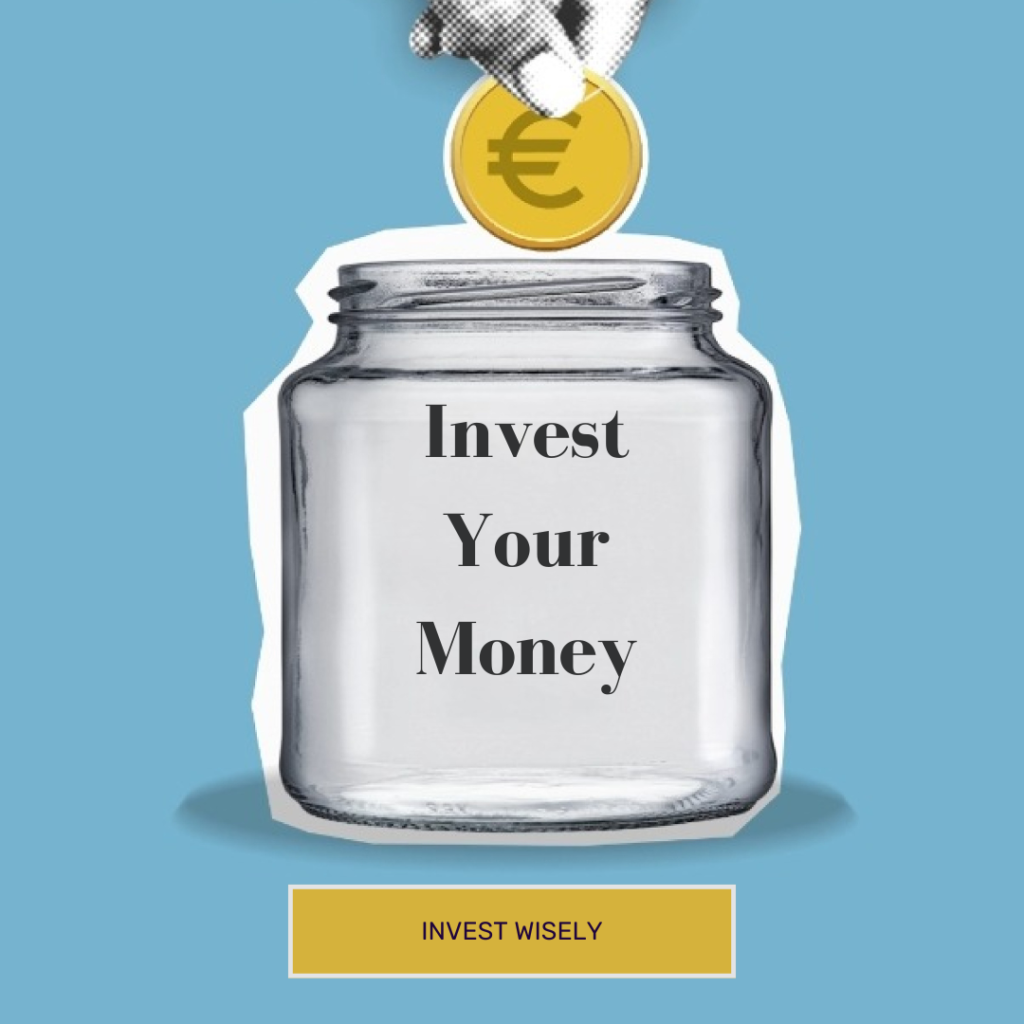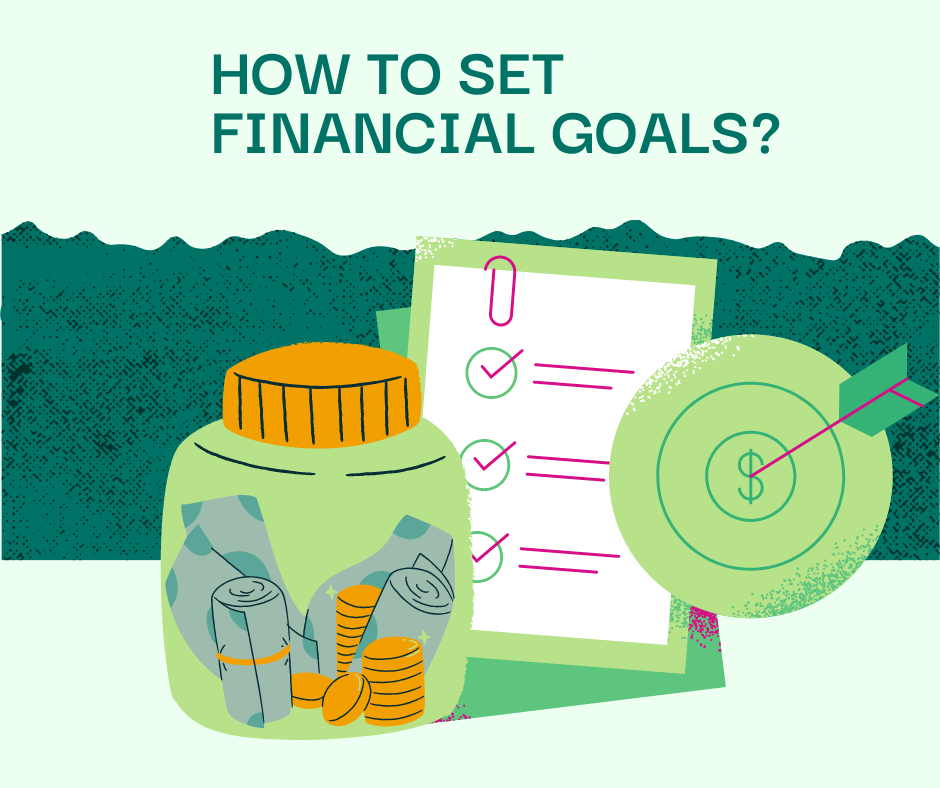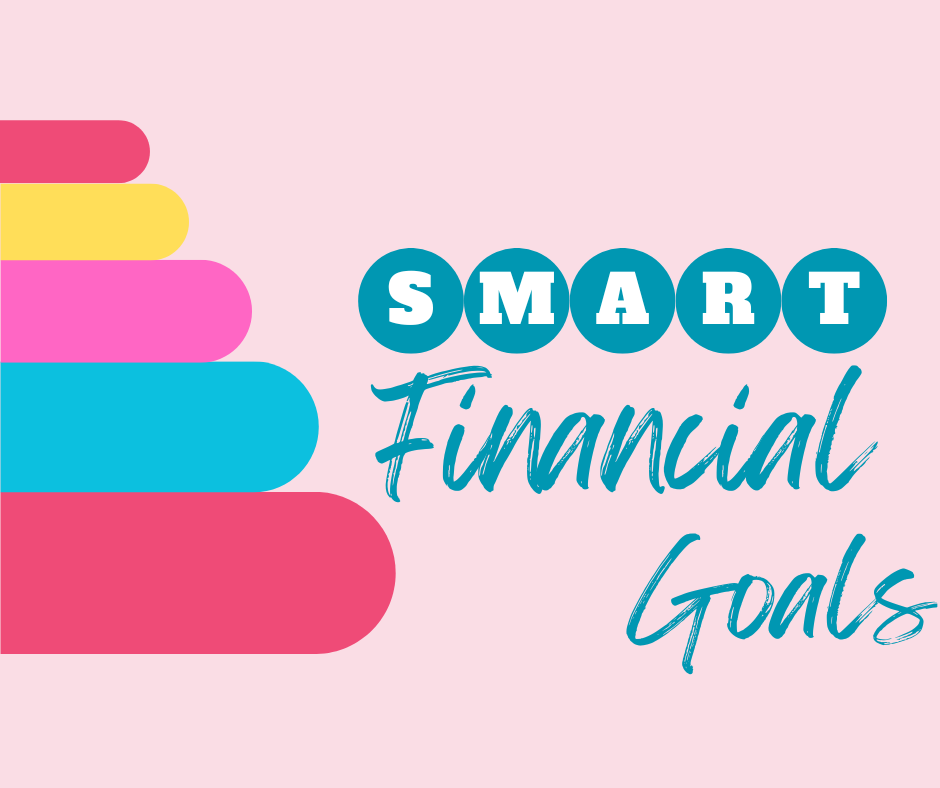
High-interest debt refers to any debt that carries a relatively high annual percentage rate (APR) or interest rate. This type of debt typically includes credit card debt, payday loans, personal loans with high interest rates, and installment loans.
Characteristics of High-Interest Debt
- High APR: High-interest debt comes with high annual percentage rates. This is significantly higher than other forms of debt. For example mortgages or student loans. Credit card APRs, for example, can range from 15% to 30% or more. It depends on the card and the cardholder’s creditworthiness.
- Accumulates Quickly: Because of the high-interest rates, high-interest debt can accumulate quickly, especially if only minimum payments are made. A significant portion of each payment may go towards interest, making it challenging to reduce the principal balance.
- Costly to Carry: Carrying high-interest debt can be costly over time due to the interest charges. Borrowers end up paying more in interest over the life of the loan, significantly increasing the total cost of borrowing.
- Risk of Debt Spiral: High-interest debt can lead to a debt spiral, where borrowers struggle to keep up with payments. This incurs more debt to cover expenses.It end up owing more than they can afford to repay. This cycle can be difficult to break and may result in financial hardship.
- Negative Impact on Credit: High levels of high-interest debt can negatively impact credit scores. High credit card balances relative to credit limits can lower credit scores. It makes it more challenging to qualify for loans or credit cards.
- Priority for Repayment: Financial experts often recommend prioritizing the repayment of high-interest debt due to its costly nature. Paying off high-interest debt can save money on interest charges and improve overall financial health.
Overall, high-interest debt can be a significant financial burden for borrowers. And it requires careful management and proactive strategies for repayment to avoid long-term financial consequences.
How do I get rid of high-interest debt?
Getting rid of high-interest debt requires a combination of discipline, strategy, and commitment. Here are some steps you can take to eliminate high-interest debt effectively:
Create a Budget:
Start by creating a budget to understand your income, expences. Evaluate how much you can afford to put towards debt repayment each month. Identify areas where you can cut back on discretionary spending to free up more money for debt repayment.
Prioritize High-Interest Debt:
Make paying off high-interest debt a top priority. Focus on the debt with the highest interest rate first, as it costs you the most in interest charges. This approach, known as the avalanche method, can save you money on interest in the long run.
Pay More Than the Minimum:
Aim to pay more than the minimum payment on your high-interest debt each month. By paying more towards the principal balance, you can accelerate your debt payoff and reduce the total interest paid over time.
Consider Debt Consolidation:
Explore options for consolidating high-interest debt into a lower-interest loan or balance transfer credit card. This can help lower your overall interest rate and simplify your debt repayment by combining multiple debts into a single monthly payment.
Negotiate Lower Interest Rates:
Contact your creditors to see if you can negotiate lower interest rates on your existing debt. Explain your situation and request a lower rate, especially if you have a good payment history. Even a small reduction in interest rates can save you money over time.
Use Windfalls to Pay Down Debt:
Put any extra money you receive, such as tax refunds, bonuses, or cash gifts. Using, windfalls to make lump-sum payments can accelerate your debt payoff and reduce the total interest paid.
Explore Debt Repayment Assistance Programs:
Investigate debt repayment assistance programs. Some credit counseling services can provide guidance and support in managing debt. These programs may offer debt management plans or negotiate with creditors on your behalf.
Stay Motivated and Persistent:
Eliminating high-interest debt takes time and persistence. Stay motivated by tracking your progress, celebrating small victories, and visualizing the benefits of becoming debt-free. Keep your long-term financial goals in mind to stay focused on your journey towards financial freedom.
Below is the Debt Payoff calculator to make your plan about your debt.


